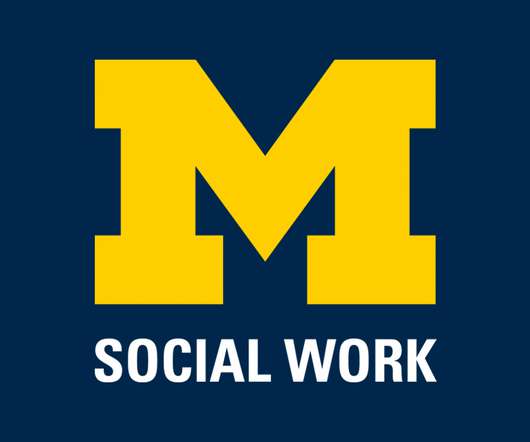Alumni Honored with SSW Distinguished Alumni Awards
Michigan Social Work
SEPTEMBER 29, 2021
In the State House, Chang led the way on air quality protection, education, criminal justice reforms, improving economic opportunities and affordable, safe drinking water. His efforts led to the adoption of protection of farm workers from excessive heat and overtime pay. Senate in 2013.











Let's personalize your content